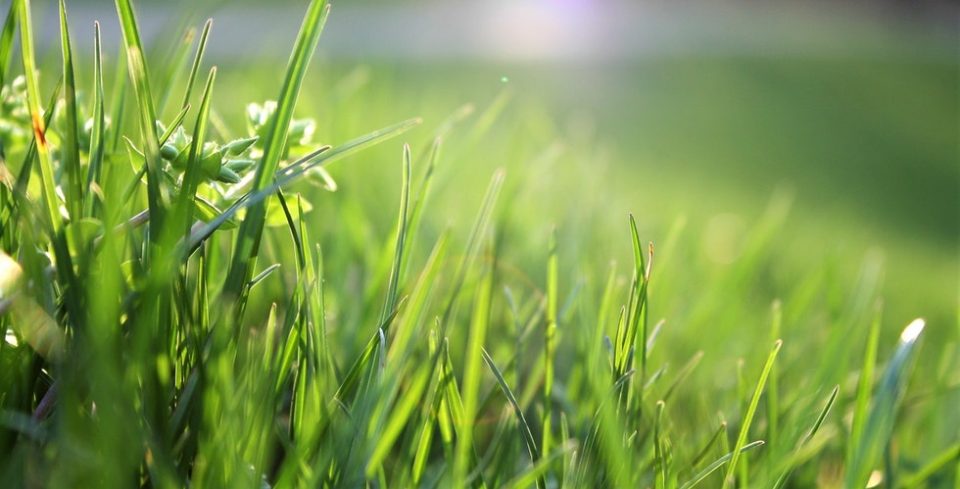(This is part four of a series liveblogging Tim Suttle’s book, Public Jesus. You can read the introduction to the series here, my post on the first chapter here, and a discussion on Suttle’s Introduction here. Each chapter will be liveblogged.)
Forgive me while I pull out my inner control freak, but I’d like to be anti-libertarian for just a moment. I would love to impose on everybody a law that forbids commerce on Sundays. A Sabbath for all, on the same day.
Imagine with me for a moment: everyone stops, together, to rest, one day a week. We look back at our week and declare it “good.” Not because it’s over, but because the image of God was reflected in what we did. Most of us know what a “day off” is like, and during those times when a day off work is “well-spent,” we are not only resting, we are refreshed.
Tim Suttle and I both seem to have a tremendous affinity for Sabbath rest. His chapter in Public Jesus on Sabbath reminds us of the of the importance of imaging God to the rest of creation by pointing us to Sabbath rest. While most of us think of Sabbath as a cessation of work, Suttle views it as a cessation of restlessness: “it’s the one day a week where we stop generating our life and we start receiving life,” “…the day when we delight in creation, when we delight in the moment—because the moment is holy.”
Sabbath confronts a busy world. Those who practice Sabbath rest often get pushback from others. It’s not culturally acceptable to cease working. While we attempt to connect with the love and goodness of God in Sabbath rest, the world asks us to stay busy.
Many of us get suckered into what could be called a false sense of rest. We choose an activity that feels or looks like genuine rest, but it’s merely a diversion from the real thing. As a culture we’ve learned to keep our brains active in one way while turning it off through another. Suttle’s main example is television. One half of our brain shuts down, but we are not truly at rest. We are experiencing a fake rest, believing it’s authentic. It isn’t.
In a sense Sabbath rest is a component of stewardship. Society has made time a commodity. We seek ways to save time or invest our time. We buy it through faster pizza delivery, reverse aging services, and we assess time in economic terms. Yet correcting the rest deficit requires more than mere stewardship; it requires rethinking our values. The sad reality is that many of us say, “I don’t have time,” when we are really saying, “I haven’t considered my time long enough to make meaningful priorities.”
Now, I don’t really believe the State should impose Sabbath rest on everyone. In fact, quite the opposite is necessary to change culture over the long run. We don’t need laws to practice Sabbath. In this area, the State is irrelevant. We can do it through demonstration and witness. But as Suttle says, it’s a bold counter-cultural move. It says, You are missing the magic of time and God’s creation. It’s all around you, but you can’t see it because you are too busy. You are trying to save time. You are fighting it like it’s your enemy. You can go on chasing your tail, grasping for more, working on Saturday, working on Sunday, working, working, working… But not us! We we are going to sit here…and drink in the presence of God… [and] the delight of every single moment!



), //libertarianchristians.com/wp-content/plugins/smartquizbuilder/includes/images/template6-latest.jpeg))

), https://libertarianchristians.com/wp-content/plugins/smartquizbuilder/includes/images/template6-latest.jpeg))


;?>/smartquizbuilder/includes/images/sqb-registration-img.jpg)

